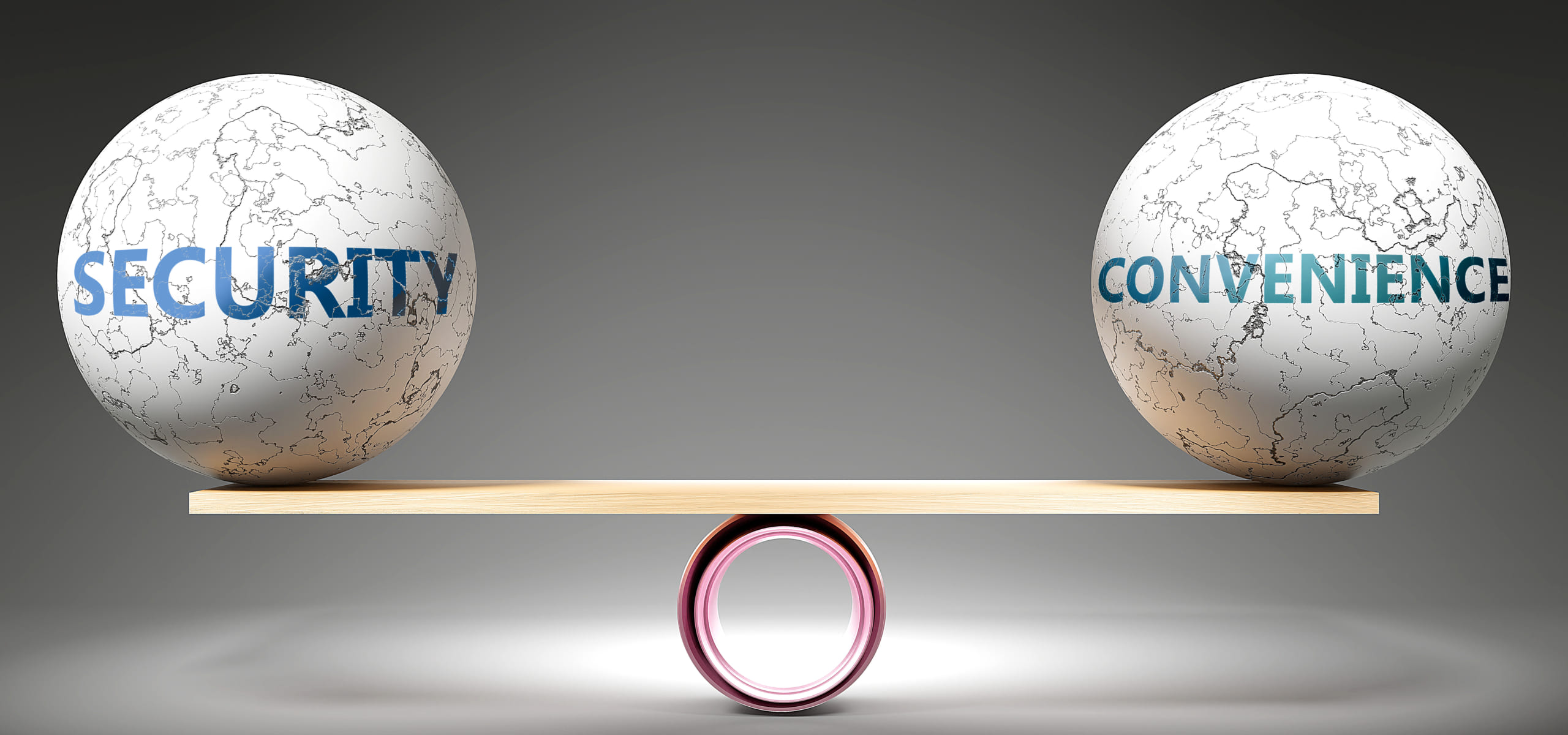
Last updated: May 20, 2024
Introduction
While profitability is a crucial driver for many distributors, it’s not uncommon for them to negotiate better prices than they initially provided. This practice, known as markup pricing, is often justified by their convenience and technical assistance. In the dynamic landscape of supply chains, engaging with distributors requires a balanced perspective. This blog aims to analyze the benefits and limitations of purchasing through a distributor and establish realistic expectations of engaging in business with a distributor.
Benefits and Limitations of Purchasing Through a Distributor
Imagine your manager, an engineer, or you want(s) to source a power supply with a specific range of specs. There are no specifications for which brand, model number, etc. to procure. Now, it is possible to research hundreds or thousands of power supplies with similar technical specifications that may or may not satisfy your needs. However, comparing pricing and technical specifications for similar products from multiple manufacturers makes it easier to compare technical applications and pricing. You can do this by scrolling through the manufacturers’ websites, which may contain too little or too much information crammed into a single webpage. You can also contact the manufacturers directly and one of their customer representatives while keeping it in mind to follow up with the emails. This search or inquiry process is often hectic and time-consuming, especially if you already have other tasks.
When you partner with a distributor, you gain access to a wide array of products and services all in one place. This streamlining greatly simplifies your procurement process. Rather than dealing with multiple suppliers, you can depend on a single distributor for all your needs. For example, suppose you are looking for a power analyzer for your next project. In that case, you might start sourcing with some of the names you’ve already known, such as Fluke and Keysight, or type the word “power analyzer” into Google Search, hopefully, to find an item that corresponds to your application. You may have to browse through at least five to ten web pages to find one power analyzer that fits the specifications you are looking for. Alternatively, contacting a distributor (Yes, just one!) will give you access to various manufacturers. It is as if you’ve walked into a “One-Stop Shop” or browsed hundreds and thousands of products by going to one website. With that being said, not only will you be able to source a power analyzer from brands that you’ve already known, but you will also be introduced to others, including international brands, such as Ainuo, GW Instek, Hioki, or Yokogawa that each will satisfy your needs to a certain extent. Given this extensive range, you now have the option to choose from additional variations or alternatives from individual suppliers. The good news is you won’t have to pick from hundreds and thousands of items yourself.
You expect prompt responses when you ask someone about product specifications or pricing. Because good customer service is one of the distributors’ core values, your inquiry will be handled promptly. While manufacturers excel at creating products, distributors emphasize their capability of delivering exceptional service and support. Distributors provide comprehensive customer service options, including phone support, live chat, and streamlined shipment tracking. If a product fails to meet expectations, you can request a return authorization from the distributor. In other words, maintaining customer satisfaction and loyalty is crucial to a distributor’s success. Because of this, distributors invest great efforts in not only offering the most appropriate solution packages for the customer but also providing after-sales support to encourage the establishment of customer satisfaction and loyalty in the long-run. Thus, regardless of whether you are bound by a set schedule, fixed budget, or difficult-to-meet specifications, your distributor will provide you with a “solution package” after understanding your situation. Therefore, instead of having to decide after comparing numerous product pages, you can start by simply telling your distributor what you need (e.g., desired delivery date, application). Your distributor can support you by providing options that work best for your business’s needs.
As mentioned in the previous section, distributors offer professional consultation services that help customers choose from hundreds of manufacturers (both domestic and international) and a vast selection of millions of parts. Distributors often work with hundreds and thousands of business partners or suppliers. They are cautious when choosing what products they offer to their customers. By upholding individual manufacturers’ autonomy, distributors can impartially assess and suggest products tailored to customer requirements, prioritizing customer needs over supplier associations. In addition, they deliberately refrain from collaborating with suppliers in the same product line to mitigate potential conflicts of interest. This selection process ensures that the products they distribute meet quality standards while maintaining a diverse portfolio. In other words, distributors rigorously evaluate suppliers. They act as your gatekeeper, mitigating risks associated with substandard products and sourcing directly from manufacturers. They ensure that the items within each product line meet a certain quality standard before reaching the end user. By working with a distributor, businesses can concentrate on their core competencies while depending on distributors for streamlined procurement processes.Rather than navigating interactions with multiple manufacturers, juggling correspondence across various customer representatives, and sifting through promotional materials without clear guidance on the optimal purchase decision, consider the streamlined alternative: connecting with a single point of contact. You gain access to an extensive range of power supplies by engaging with a distributor, spanning hundreds or thousands of options. The efficiency and convenience of this approach make it a compelling choice for procurement.

So, why wouldn’t end users purchase through a distributor?
The convenience and access to a wide array of options that distributors offer come with costs. Although some manufacturers will give distributors a “reseller discount,” which will result in lower prices for the end user (sometimes even lower than the market price), distributors will often place a markup on the prices of products they sell. This markup encompasses their operational costs, logistics, and desired profit margins. Consequently, the price you pay when purchasing through a distributor might be higher than if you buy directly from the manufacturer or source. Furthermore, distributors may only sometimes provide transparent pricing information. Hidden costs could include shipping fees, handling charges, or supplementary fees for specialized services. While maximizing profit is one of their main goals, distributors recognize the importance of fair pricing and will assess the current market price for the products they distribute. In other words, although distributors do not necessarily offer the cheapest option, they will refrain from using unreasonably high markups, which can alienate customers and harm long-term relationships.
To provide customized solutions based on your needs, your distributor will likely start by asking questions to understand your needs thoroughly. While the questions are advantageous for narrowing the list of items to a few tailored to your needs, this approach can also prolong the purchasing process. If you are looking for a quick transaction, the interactions with distributors may seem time-consuming. A distributor’s questions might concern personal preferences, usage, and budget, making some customers uncomfortable. For privacy-conscious buyers, a more straightforward approach might be preferable. For customers who prefer independent decision–making, exploring products on their terms without extensive guidance might feel less restrictive than purchasing from a distributor. Therefore, even though interested interactions demonstrate distributors’ commitment to be fully informed about customer needs, it can also be perceived as a limitation by those seeking a more streamlined purchasing experience.
As a result of asking many questions, the purchase speed through a distributor may be compromised. While access to a full array of options involving both domestic and international products is a preferable trait when purchasing through distributors, this could slow down the communication process derived from working with an international team and engaging with multiple business partners (suppliers) and other stakeholders. Regarding coordinating with suppliers, manufacturers, and logistics partners, distributors that manage these complex supply chains can be susceptible to the risk of impacting the overall purchase timeline. Distributors strive to tailor solutions to each customer’s unique requirements. Nonetheless, this customization necessitates thorough discussions and information gathering, forcing distributors to balance customization with efficiency. The need for frequent communication to clarify end users’ requirements, preferences, and specifications can lead to delays, and waiting for responses from various team members can further slow down decision-making. Furthermore, international transactions encompass legal and compliance aspects. Proper documentation, adherence to regulations, and alignment with company policies are all necessary tasks for the distributor. These steps can introduce additional time requirements as well.
Comparison: Distributor vs. Direct Purchasing
Distributors possess extensive expertise, broad networks, deep market knowledge, and established relationships. Their capabilities enable them to extend your market reach significantly and adeptly navigate intricate market dynamics. Leveraging their experience and connections, distributors facilitate access to a broader audience while offering invaluable guidance in effectively maneuvering complex market landscapes.
Partnering with distributors offers a distinct advantage of lessening your business’s administrative load. You can redirect your focus toward core business operations by entrusting logistics, warehousing, and order fulfillment to them. This streamlined approach enhances efficiency and enables you to allocate resources more effectively, maximizing productivity and strategic growth opportunities.
Distributors play a pivotal role in mitigating risks by absorbing specific inherent challenges related to inventory management, payment collection, and market fluctuations. This strategic partnership allows businesses to share the burden of these risks, promoting more excellent stability and resilience in the face of market uncertainties. Businesses can effectively leverage the expertise and resources of distributors, manage and mitigate potential risks, safeguarding their operations and fostering sustained growth in competitive environments.
Opting for direct transactions, whether procuring raw materials directly from manufacturers or selling finished goods directly to consumers, can often result in lower costs by bypassing the expenses associated with intermediaries such as distributors and dealers. For example, purchasing vehicles directly from manufacturers in the automotive industry can lead to significant savings, as approximately one-third of the vehicle’s price is typically inflated to accommodate these intermediaries’ fees. By eliminating these additional layers in the supply chain, businesses can realize cost efficiencies and offer more competitive pricing to consumers.
You can customize features, sizes, or specifications according to your preferences through direct collaboration with manufacturers. This direct engagement streamlines the customization process, ensuring the final product aligns seamlessly with your needs and preferences.
While distributors aim to offer personalized solutions by initially engaging in a thorough inquiry process to grasp customers’ needs, this process can be perceived as exciting and unnecessary. For some, this may cause frustration for those seeking quick transactions. The nature of the questions, which delve into personal preferences, usage requirements, and budget constraints, might also discomfort some buyers who prefer a more straightforward approach.
Conclusion
This blog thoroughly examines the intricacies of using distributors in supply chain management and procurement. It explores their role, benefits, and limitations, offering valuable insights for businesses considering engaging with these intermediaries.

Distributors connect manufacturers, suppliers, and end-users, providing expertise, market knowledge, and efficient access to products and services. While partnering with distributors offers advantages such as convenience, comprehensive consultation services, and quality assurance, it also involves considerations like cost implications, interested interactions, and potential purchasing delays.
Businesses should carefully evaluate these factors against their specific needs and preferences to determine the most suitable approach—leveraging distributor expertise and convenience or opting for direct purchasing to maintain greater decision-making control and streamline procurement. Ultimately, informed decision-making and a balanced perspective are essential when navigating the complex landscape of distributor engagement and procurement strategies.
For questions, email us at resources@n-denkeiamericas.com.



